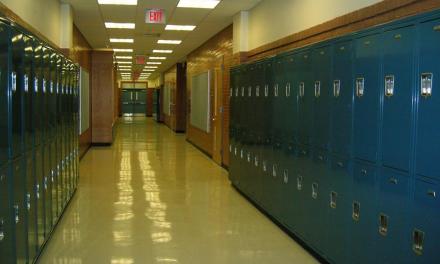Over the past 4 years we have worked with over 300 schools that have incorporated numerous strategies into their alternative curriculum environments. The primary focus in all of these establishments is to raise overall standards by delivering a suitable and well-rounded provision to help raise the students’ A*-Cs attainment. Some of these strategies have been successful whilst the majority have failed due to lack of support, funding or expertise.
Now, due to changes in government legislation, headline measures, front line delivery approaches, budget cuts and changes to vocational courses we must also change our approaches to the Alternative Curriculum. We need to look at new and innovative ways to implement teaching methods that will challenge our students.
1. Narrow down the students’ options to focus on just 5 to 8 subjects.
This should include English, Maths and Science. Allow the students to choose their own non-core options and create your timetable around this. You may think this is unworkable but the centres that do this have seen glowing results and progress.
Do not threaten to stop students from studying their chosen options because of poor attendance or behaviour in other subjects. Instead, encourage them to apply the enthusiasm that they show for the options they have self-selected to the core subjects of English, Maths and Science.
2. Deliver English and Maths through vocational courses that they have chosen.
Emphasis should be placed on the fact that an understanding of English and Maths will be important for the duration of their course.
English can be delivered in vocational courses through the use of terminology that is specific to the particular course. Highlighting the importance of expressing yourself in a grammatically correct way can also be presented in any course.
Similarly, Maths can also be seen in all courses, for example, Pythagoras’ Theorem can be utilised through roof angles in Construction courses, percentages can be explored in Business Studies and Hospitality and the importance of understanding forces and resistance can be shown in Applied Science.
Yes, planning can be an issue but if you reduce the students’ options you will find you can have more time to plan and employ more experts in those areas.
Have specialist teachers or experts for delivering qualifications that are on the headline measure list.
This should be done at times and days which suit the students’ learning habits. Cover the practical elements throughout the year and let them practise as much as they need to. Prepare them for their exams by planning additional time to study for their practical elements within which you can also include aspects of their core subjects.
Set goals, error charts and precision targets. Students will thrive on rewards for precision.
4. Set group work alongside non-academic courses and core subjects.
These should be smaller qualifications and provide students with building blocks and stepping stones for a future career.
Introduce qualifications around team work, employability tasks, CV work, interviewing techniques, communication work, customer service, PSHE, local community work, allotment work, radio stations and home cooking.
5. Incorporate an alternative weekly work experience where the students are offsite for a fixed time each week.
Try to work with a group of apprenticeship providers in your local area. Alongside this, create a positive environment between the school, pupil and place of work experience so that the students understand how English, Maths, Science and other qualifications are essential for each potential future employment opportunity.
This will enable students to see the importance of gaining other academic qualifications alongside the three core areas. It will also allow focus to be developed so that the onus of learning is brought back into school to achieve their grades. Create a drive to succeed so that they can study for a place on an apprenticeship or in college doing something which interests them.
Work experience helps the students see the importance of committing to a schedule as well as understanding the requirements for any given role, and the rewards of letting them have time to make mistakes in lessons is invaluable when preparing them for coursework and exams.
We have found all these approaches drive standards, behaviour and attainment upwards.
The success students achieve in alternative and smaller courses will give them the drive to overcome obstacles in the academic courses that they may find more challenging.
You should find that some pupils work better and achieve more by having specific support in an autonomous way.
Good luck!









